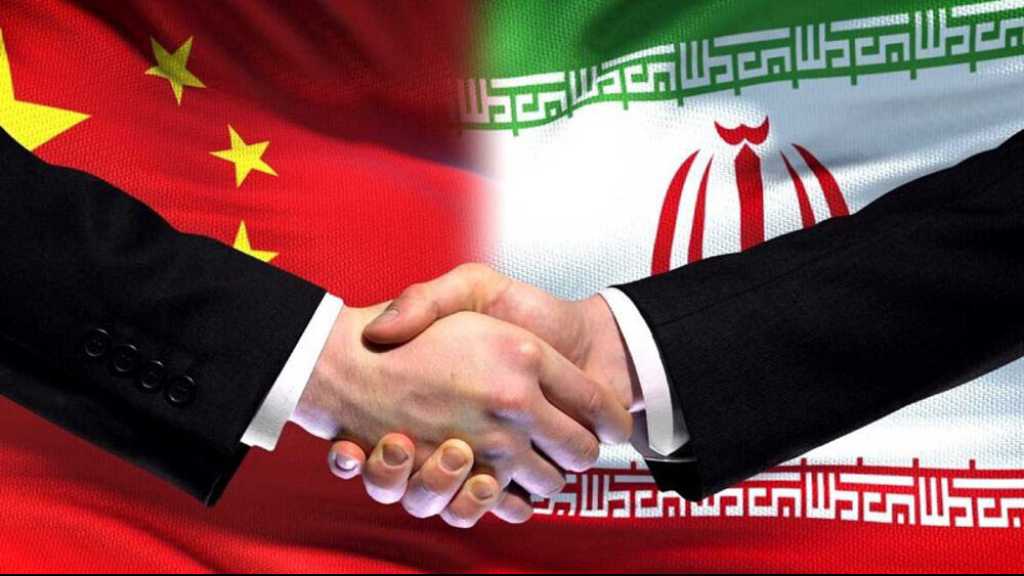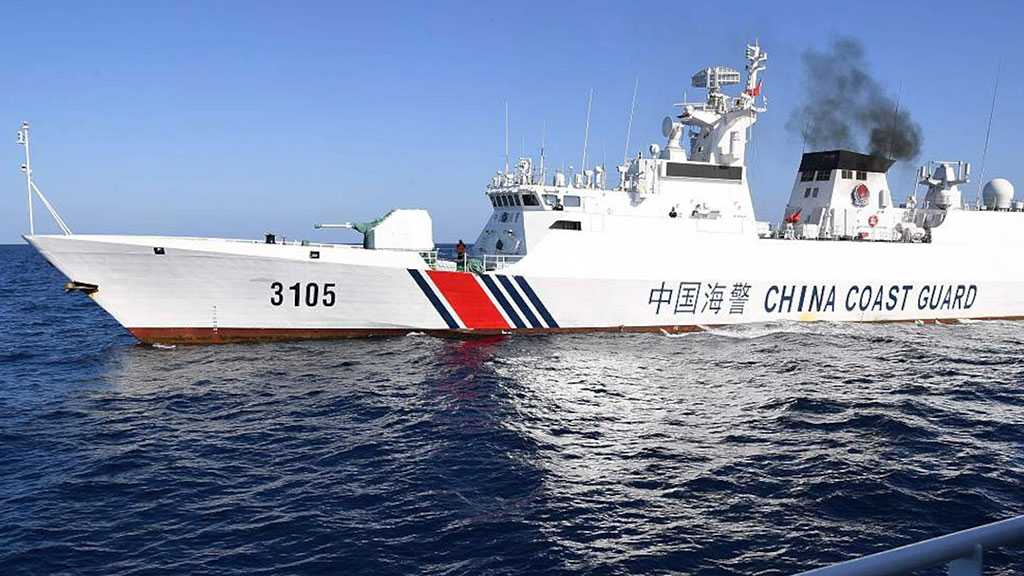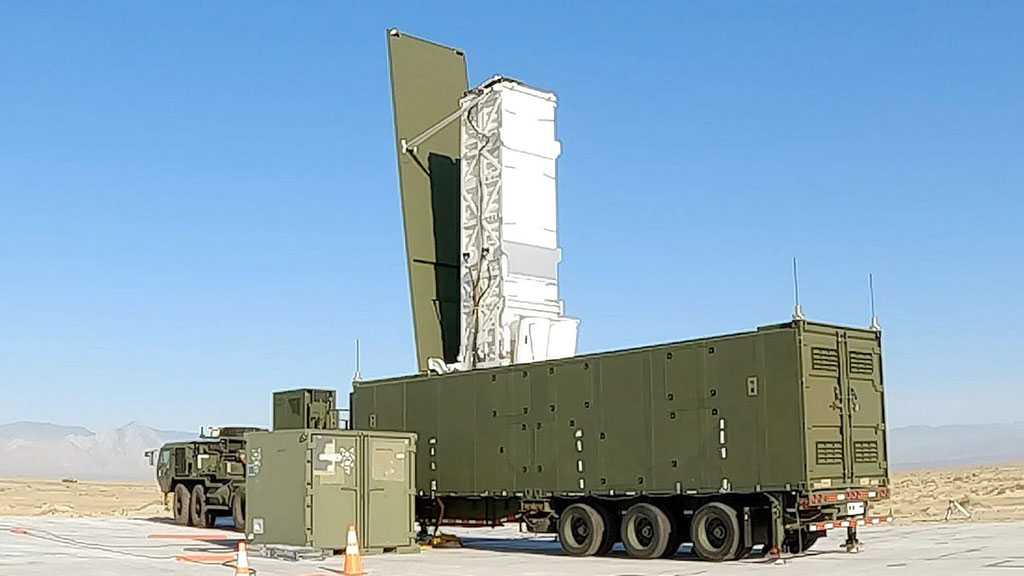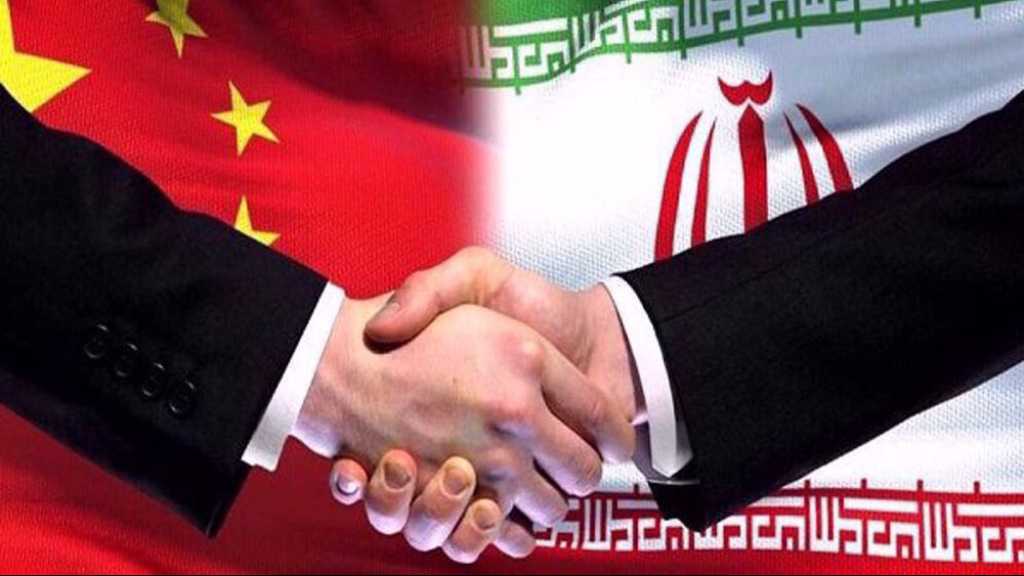
Iran, Saudi FMs Meet in China for First Time in Seven Years: Opening Embassies on Track
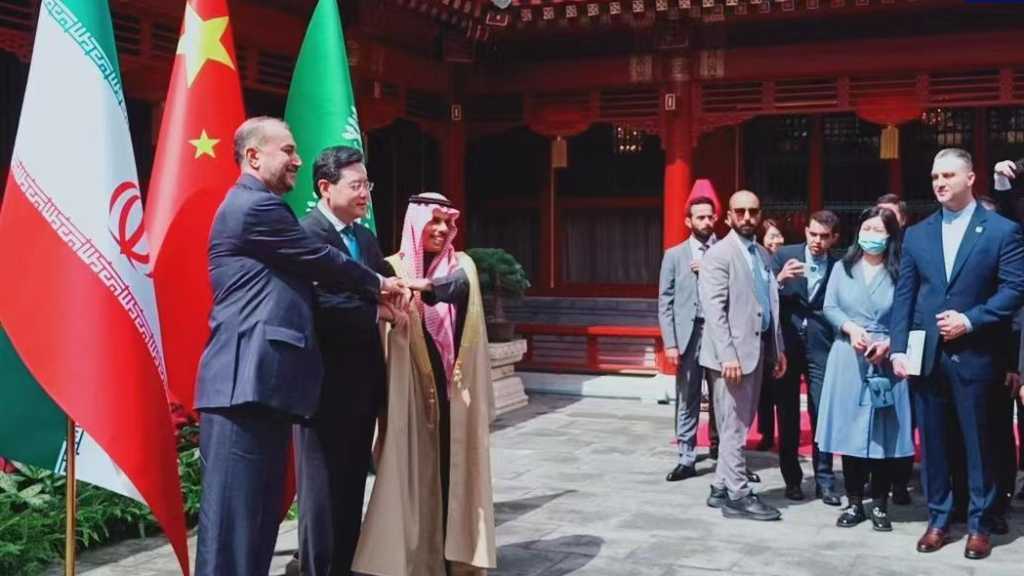
By Staff, Agencies
Iranian Foreign Minister Hossein Amir Abdollahian and his Saudi counterpart, Prince Faisal bin Farhan Al Saud, met in China a month after the two countries agreed to restore diplomatic relations under a China-brokered deal.
The top Iranian and Saudi diplomats met in the Chinese capital, Beijing, on Thursday morning.
After their meeting, the two ministers presided over a meeting between the delegations of the two countries.
Amir Abdollahian and bin Farhan signed a joint statement in China, and agreed to start the measures for reopening the Saudi and Iranian embassies and consulates in their countries.
They also agreed on resuming mutual visits of officials and private sectors delegations.
The two ministers announced the activation of the 2001 agreement for security cooperation between the two countries, the resumption of flights, and facilitating visas’ granting between Iran and Saudi Arabia.
Additionally, the top diplomats agreed on enhancing cooperation to achieve regional security and stability.
The two sides stressed the importance of the official restoration of mutual relations and discussed executive steps to reopen embassies in Tehran and Riyadh as well as missions in the Iranian city of Mashhad and the Saudi city of Jeddah.
They also exchanged views about certain issues pertaining to Tehran-Riyadh relations.
Amir Abdollahian also plans to meet with his Chinese counterpart Qin Gang to discuss ways to promote bilateral cooperation and issues of common concern in regional and international fields.
The meeting between Iranian and Saudi delegations follows three telephone conversations between Amir Abdollahian and Al Saud, during which they discussed future steps regarding the landmark China-mediated reconciliation pact as well as other bilateral deals.
Beijing was chosen as the venue for the meeting as an extension of its positive role in mediating the Iran-Saudi rapprochement and facilitating communication between the two Middle Eastern powers.
After several days of intensive negotiations hosted by China, Iran and Saudi Arabia agreed on March 10 to resume their diplomatic relations and reopen their embassies and diplomatic missions after seven years of estrangement.
In a joint statement after signing the agreement, Tehran and Riyadh highlighted the need to respect each other’s national sovereignty and refrain from interfering in the internal affairs of one another.
They agreed to implement a security cooperation agreement signed in April 2001 and another accord reached in May 1998 to boost economic, commercial, investment, technical, scientific, cultural, sports, and youth affairs cooperation.
To the dismay of the US and ‘Israel,’ the detente has the potential to ease tensions across a region characterized by turbulence for decades.
Meanwhile, Iranian President Sayyed Ebrahim Raisi has already accepted an invitation from Saudi Arabia’s King Salman bin Abdul Aziz Al Saud to visit Riyadh.
Comments
- Related News
